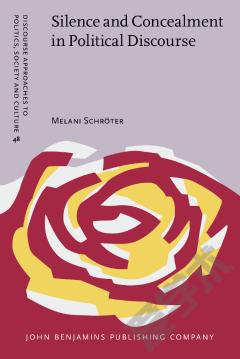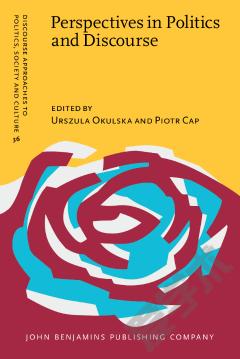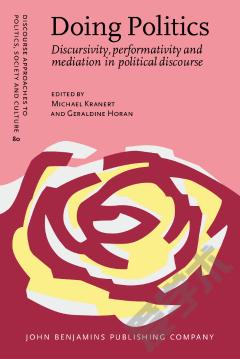Silence and Concealment in Political Discourse.
This book constitutes a significant contribution to political discourse analysis and to the study of silence, both from the point of view of discourse analysis as well as pragmatics, and it is also relevant for those interested in politics and media studies. It promotes the empirical study of silence by analysing metadiscourse about politiciansâ silence and by systematically conceptualising the communicativeness of silence in the interplay between intention (to be silent), expectation (of speech) and relevance (of the unsaid). Three cases of sustained metadiscourse about silent politicians from Germany are analysed to exemplify this approach, based on media texts and protocols of parliamentary inquiries. Ideals of political transparency and communicative openness are identified as a basis for (disappointed) expectations of speech which trigger and determine metadiscourse about politiciansâ silences. Finally, the book deals critically with the role of those who act as advocates of âthe publicâsâ demand to speak out.
{{comment.content}}








 京公网安备 11010802027623号
京公网安备 11010802027623号